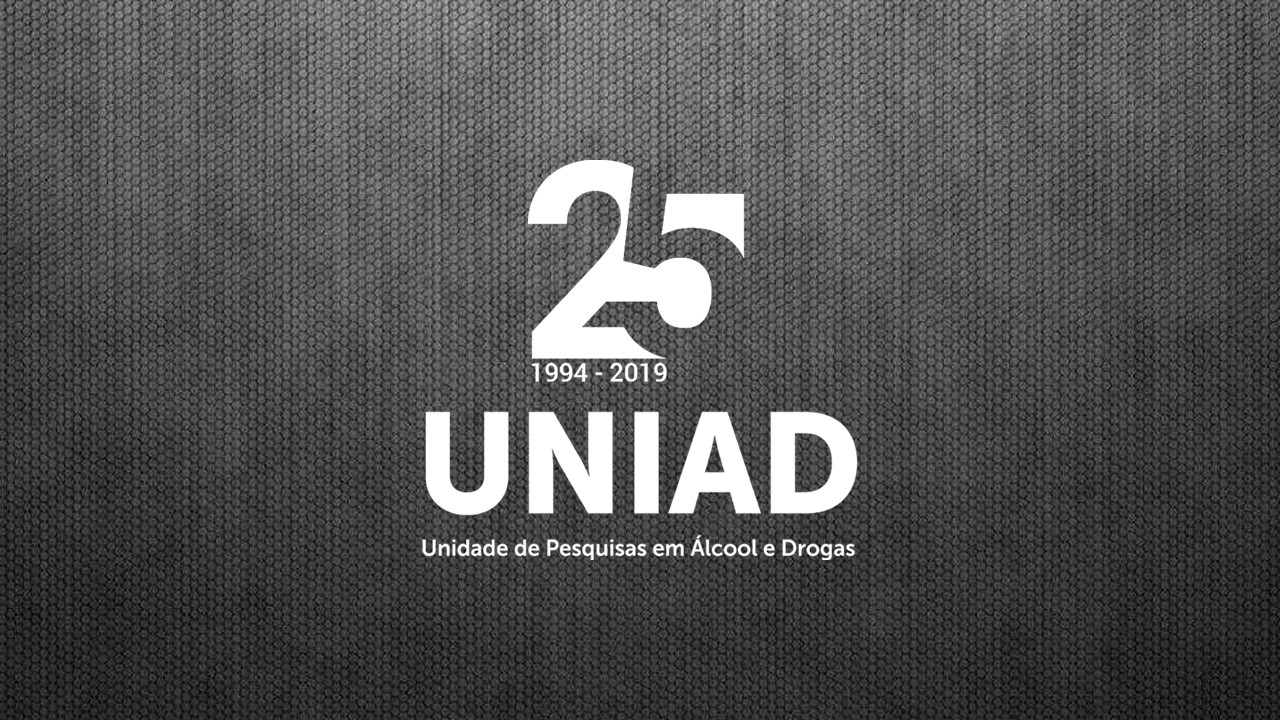Beaverement and psychological distress during COVID-19 pandemics: The impact of death experience on mental health

The COVID-19 pandemic has been a disturbing experience of proximity to death. As the pandemic goes on, the mixed experience of loss of a close family or friends added to the unpredictability of economic changes and the social isolation can elicit negative manifestations of affection, and psychological distress. The whole experience negatively affects individuals with or without previous mental health disorders. Objective: The present study is a cohort aimed to analyze the effect of the salience of mortality during the covid-19 pandemic on the mental health of a sample of the Brazilian population. Method: 9,024 Brazilians were evaluated based on the data collection performed through the online Brief Symptom Inventory (BSI), during the social isolation period. Participants were divided into four groups, G1 (2,256) without previous history of mental disorders (MD), G2 (2,256) with a previous history of MD and both no loss of family or friends due to direct effect of SARS-COV2 infection, G3 (2256) with a previous history of MD and without a loss and G4 (2256), with a prior MD and reported a loss of family or friend due to direct effect of SARS-COV2 infection. The group data was analyzed using the covariance analysis – ANCOVA. Results: The loss of a family member or friend due to direct effect of SARS-COV2 infection amplifies psychological distress. This effect seems to be dramatically increased in individuals with a previous history of mental disorders. The population with loss should be target of mitigation actions to minimize the pandemic effects.
Read the full article: https://www.sciencedirect.com/science/article/pii/S2666518221000061

